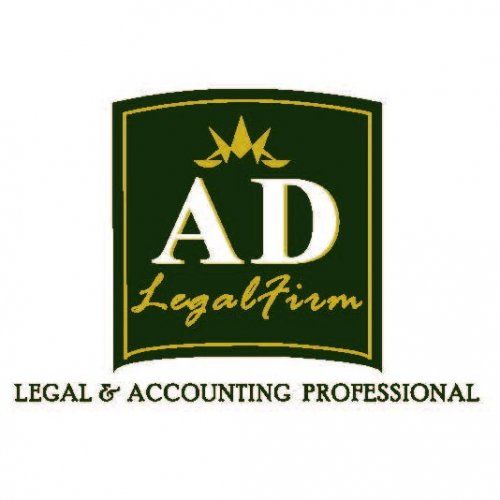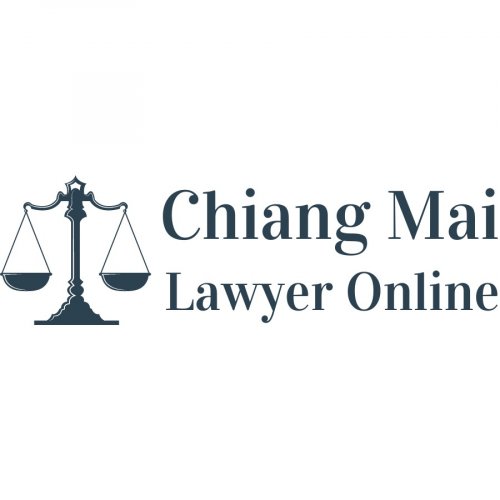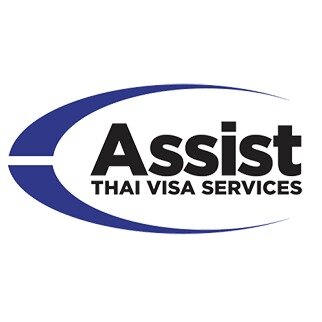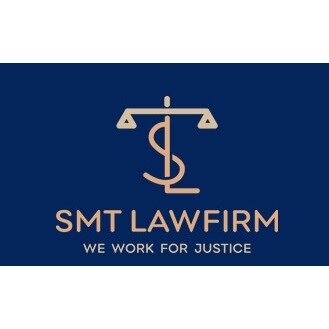About Corporate Governance Law in Chiang Mai, Thailand
Corporate governance in Chiang Mai, Thailand, refers to the framework of rules, practices, and processes by which companies are directed and controlled. Good corporate governance ensures transparent operations, protects stakeholder interests, and aligns management actions with regulatory requirements. In Chiang Mai, businesses must comply with both local regulations and national laws issued by Thai authorities, including the Civil and Commercial Code, Public Limited Companies Act, and guidelines from the Securities and Exchange Commission of Thailand. These rules establish standards for company structure, director and shareholder rights, accountability, and disclosure.
Why You May Need a Lawyer
Hiring a corporate governance lawyer in Chiang Mai is essential for many reasons. Entrepreneurs starting a new company, expanding businesses, or entering joint ventures often require legal expertise to structure entities, draft bylaws, or resolve shareholder disputes. Business owners facing regulatory challenges, liability concerns, or questions about director responsibilities also benefit from professional guidance. Legal counsel is important to help navigate compliance with both local and international standards, handle mergers and acquisitions, protect intellectual property, and ensure proper disclosures to investors or government agencies. In cases of internal investigations, audits, or suspected misconduct, lawyers provide crucial support to preserve corporate integrity and defend against potential penalties.
Local Laws Overview
Several key regulations impact corporate governance in Chiang Mai. All companies must register with the Department of Business Development and comply with the Thai Civil and Commercial Code, which governs company structure, director appointments, and shareholder meetings. The Public Limited Companies Act imposes specific rules for larger entities, such as board composition, minority rights, and financial reporting standards. Companies listed on the Stock Exchange of Thailand must also adhere to guidelines from the SEC, including codes on ethics, disclosure duties, and internal auditing. Local authorities in Chiang Mai may have additional registration steps or compliance requirements related to taxation, foreign investment, or employment. Failure to observe these regulations can lead to fines, loss of business license, or even criminal liability for directors.
Frequently Asked Questions
What is corporate governance?
Corporate governance refers to the systems and processes that control and direct how a company operates. It includes decision-making structures, compliance protocols, and safeguards for shareholders and stakeholders.
What laws regulate corporate governance in Chiang Mai?
Corporate governance is mainly regulated by the Thai Civil and Commercial Code, the Public Limited Companies Act, and regulations from the Securities and Exchange Commission of Thailand.
Who is responsible for ensuring good corporate governance?
The board of directors and executive officers are primarily responsible for overseeing corporate governance, ensuring compliance, and protecting shareholder interests.
Do small businesses need to follow corporate governance laws?
Yes, even small and medium enterprises must comply with basic governance laws, such as those concerning company registration, annual meetings, and accurate recordkeeping.
Are there specific requirements for company boards in Chiang Mai?
Yes, the number of directors, their qualifications, and their duties are defined by Thai law. Certain entities, such as public limited companies, must have a minimum number of directors, including independent members.
What are shareholders’ rights?
Shareholders have the right to attend annual meetings, vote on company matters, receive dividends, and review certain company documents.
What are the common penalties for non-compliance with corporate governance laws?
Penalties can include financial fines, suspension or revocation of business licenses, and, in severe cases, imprisonment of responsible officers.
How can disputes between directors or shareholders be resolved?
Disputes may be resolved through internal mediation, arbitration, or formal litigation in Thai courts, depending on the severity and subject matter.
Can foreign nationals serve as directors of Thai companies?
Yes, but there may be restrictions, such as residency or work permit requirements, particularly if the business has a majority of foreign shareholders.
How often are companies required to report to authorities?
Companies must submit annual financial statements and hold annual general meetings. Listed companies may have additional quarterly reporting obligations to the SEC.
Additional Resources
For further assistance, individuals can consult the Department of Business Development in Chiang Mai for company registration and compliance matters. The Securities and Exchange Commission of Thailand provides guidance for listed companies and investors. The Thai Institute of Directors and the Federation of Thai Industries offer additional education and resources. Local law firms and Chiang Mai’s Chamber of Commerce may also provide valuable publications, seminars, or networking for corporate compliance.
Next Steps
If you require legal assistance in corporate governance, start by organizing all relevant company documents and noting any specific concerns or incidents. Contact a reputable law firm or qualified corporate lawyer in Chiang Mai, preferably those familiar with local business practices and industry regulations. Request an initial consultation to review your case and clarify your corporate needs. Keep records of all advice received and act promptly to address any compliance gaps or unresolved internal issues. Regular legal audits and staff training are also recommended to maintain ongoing corporate governance standards and prevent future legal complications.
Lawzana helps you find the best lawyers and law firms in Chiang Mai through a curated and pre-screened list of qualified legal professionals. Our platform offers rankings and detailed profiles of attorneys and law firms, allowing you to compare based on practice areas, including Corporate Governance, experience, and client feedback.
Each profile includes a description of the firm's areas of practice, client reviews, team members and partners, year of establishment, spoken languages, office locations, contact information, social media presence, and any published articles or resources. Most firms on our platform speak English and are experienced in both local and international legal matters.
Get a quote from top-rated law firms in Chiang Mai, Thailand — quickly, securely, and without unnecessary hassle.
Disclaimer:
The information provided on this page is for general informational purposes only and does not constitute legal advice. While we strive to ensure the accuracy and relevance of the content, legal information may change over time, and interpretations of the law can vary. You should always consult with a qualified legal professional for advice specific to your situation.
We disclaim all liability for actions taken or not taken based on the content of this page. If you believe any information is incorrect or outdated, please contact us, and we will review and update it where appropriate.

















